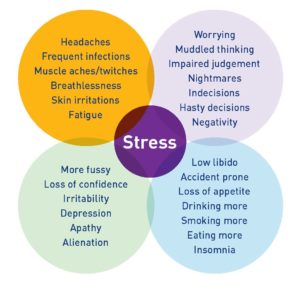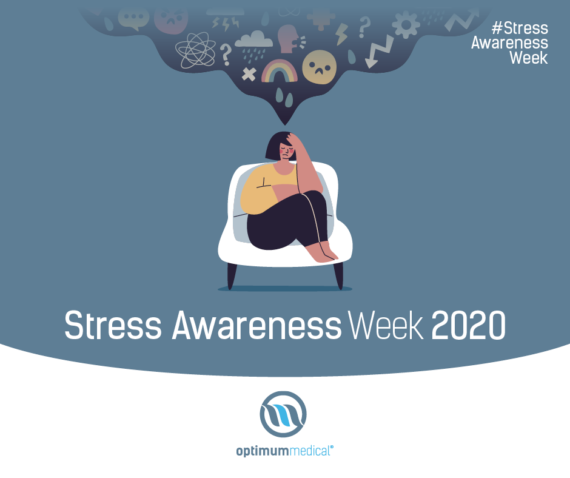Nurses, are you too stressed?
Managing stress is an important skill to learn, particularly when working in high-pressure roles. Stress in nursing can be a significant issue. Nurses often spend a huge amount of mental, emotional and physical energy caring for others – but unfortunately struggle to find the time to look after their own wellbeing. A survey conducted by The Royal College of Nursing found a high level of stress amongst respondents, who attributed it to their long working hours combined with unattainable time pressures and high workloads.
In most nursing roles, a certain degree of stress is unavoidable. However, spotting the signs early on and managing it effectively can be key to maintaining a healthy work-life
 What are the signs and symptoms of stress?
What are the signs and symptoms of stress?
Stress is difficult to define. It’s not an illness, but it can hugely affect your physical and mental health. It can be hard to recognise, especially in yourself. Many nurses naturally have a strong sense of responsibility which creates the superhuman persona we often see. This strong desire, and often expectation to take-on and excel in every task is bound to lead to heightened stress levels.
Long term exposure to stress can be damaging to your body. If our stress response is activated repeatedly, or it persists over time, the effects can result in wear and tear on the body and can cause us to feel permanently in a state of ‘fight or flight’. Rather than helping us push through, this pressure can make us feel overwhelmed or unable to cope.
Image (L): RCN (2019)
Managing stress
To reduce and manage your stress, you may want to consider the following points:
1. It’s important to understand your stress. What is causing it? Is it avoidable? How can it be managed? These are all important questions to ask yourself to begin your stress reduction journey.
2. Is your lifestyle contributing towards your stress? If you’re not getting enough sleep, fresh air, or social interaction, consider adjusting your lifestyle to alleviate pressure on yourself.
3. Are there any changes to your work environment that could help reduce stress? We know it’s hard on a busy shift, but try to always make time to take your break, and try not to overload yourself by instantly agreeing to take on new tasks and responsibilities.
4. Relax! Although it sounds obvious, taking some time out to relax and do what you enjoy is often one of the first things we tend to sacrifice. Whether you’ve got 10 minutes or a full day free in your timetable, allow yourself a little you time.


